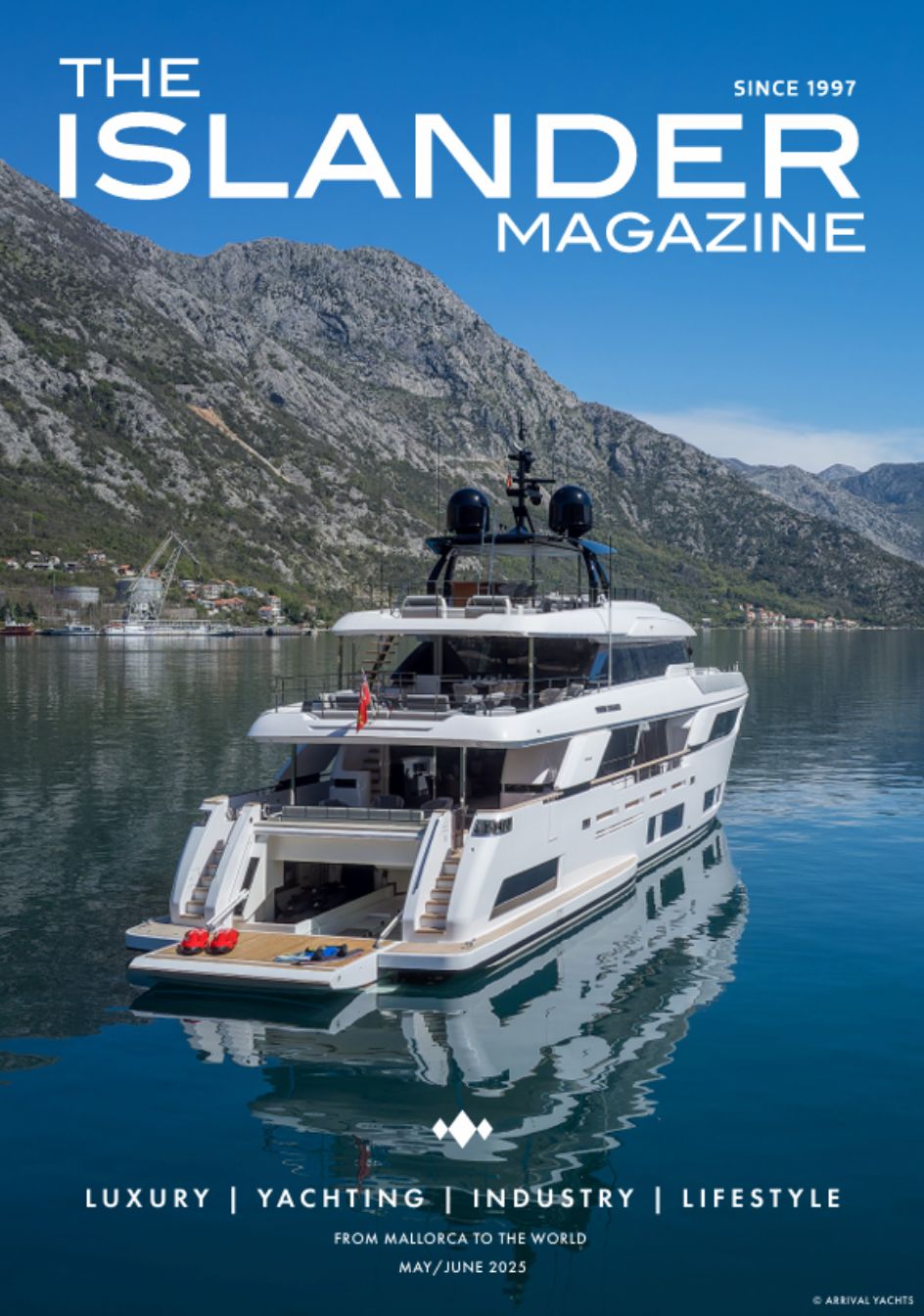The job of the Volvo Ocean Race Onboard Reporter requires technical work below decks, either writing or editing photos and video. This kind of work is a bad fit for someone prone to seasickness, but Team Brunel Onboard Reporter Stefan Coppers is prone to seasickness.
People who are seasick feel ghastly and want nothing more than to get back on dry land as soon as possible. That’s a little tricky as far as Stefan is concerned. The hulk of a Dutch media man has developed all kinds of handy tricks in a bid to limit his motion sickness – which is also called kinetosis in the medical world.
“If I had the winning tip, I wouldn’t get seasick,” Stefan Coppers laughs. “There isn’t really a remedy for seasickness. Some people are prone to it and others are not. In our team, there are lads who can work and live below deck whatever the weather. Pablo Arrarte and I, on the other hand, suffer badly from seasickness.”
“I take special travel sickness pills. These so-called cyclizine tablets are reasonably effective. You need to start taking them at least three days before departure because you suffer extreme fatigue in the first few days until your body adjusts to the cyclizine. After you’ve taken the first tablet, the fatigue just about knocks you out.
“I’ve also been told that cotton wool in your ears or taking lots of vitamin C can help reduce the risk of seasickness. That last tip was on the Royal Dutch Lifeboat Association website. Apparently, a 2,000 milligram dose of vitamin C each day considerably reduces the risk of seasickness. Despite taking the tablets and following these alternative remedies, there is still a good risk that I will become seasick.
”Once you start feeling sick, it’s important to drink plenty of fluids, even if you’re not thirsty, because the vomiting process soon dehydrates you. It’s also sensible to keep eating; preferably dry biscuits which help absorb the gastric acid. Also essential is that you always have something to do, while avoiding activities which stimulate your senses, such as reading. Getting dressed up warm and staring at the horizon in the fresh air on deck works well too.”
”I’m generally seasick for half a day and spend another half day feeling uneasy. After that, I’m usually adjusted and hardly ever suffer any more sickness. This leg might well be the exception to that rule, due to the sting being in the tail this time around. After all, we’ll mainly be sailing upwind in the last six days of the coming leg. We’ll be boxing up against the big waves. Something tells me that Pablo and I will not emerge from the battle completely unscathed.”

















0 Comments